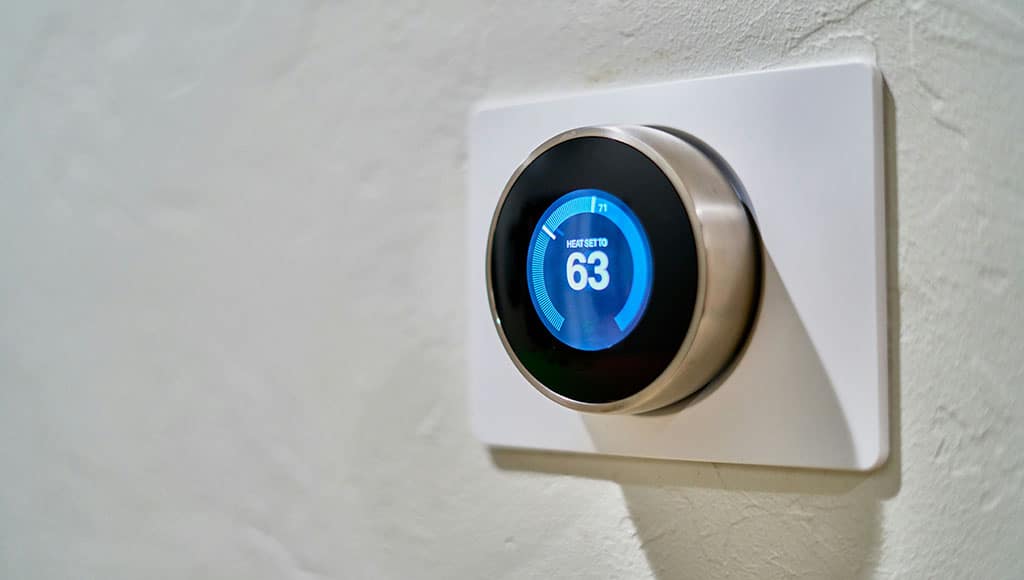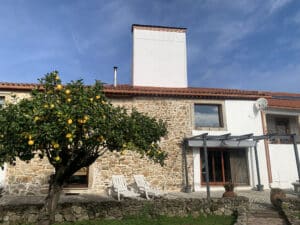The concept of a Smart Home, where nearly every aspect of daily life can be managed through a mobile or tablet app, is rapidly becoming a reality.
However, the true challenge now lies not just in accessing this technology, but in integrating it with energy efficiency and sustainability. Imagine a scenario where you can seamlessly manage the energy generated by your photovoltaic system to the extent that charging your electric vehicle no longer depends on the conventional power grid.
Moreover, your home could remain operational during power outages, allowing you to live off-grid. This is no longer a futuristic vision—the current market offers various solutions that make this possible. A notable example is LG’s latest innovation, the ESS system, which, like other advanced systems, enables you to manage the entire process through a single, user-friendly app.
As interest in off-grid systems grows, particularly among those considering the installation of photovoltaic panels, the need to adapt new constructions or retrofit existing electrical systems to support this functionality becomes increasingly important.
Installing these systems allows homeowners to easily adapt essential circuits, which can be powered by a manual switch during a grid failure, thus limiting energy consumption to critical areas. For those seeking a more sophisticated solution, automation is available. By integrating a device that automatically switches to off-grid mode, your home can continue to operate without noticeable disruption to the electrical supply.
This solution is particularly appealing to holiday homeowners in Portugal, as it ensures their properties remain unaffected by power outages. Additionally, app integration facilitates seamless management of all home appliances, enabling routines that maximize grid independence and achieve up to 98% autonomy. This level of self-sufficiency not only enhances convenience but also offers a significant return on investment, especially given that electricity bills can easily exceed €200 per month.
When paired with adequate battery capacity, these systems enable homeowners to manage their homes in the most sustainable way possible. Imagine configuring your electric vehicle to charge only when your solar system generates excess energy. This represents the future of smart, sustainable living and it is available today.
In essence, the fusion of smart home technology with renewable energy solutions marks a significant leap forward in how we live and interact with our environment. It provides a pathway to greater energy independence and sustainability—a key consideration for many homeowners increasingly drawn to off-grid living.
By investing in these systems, homeowners are not only future-proofing their properties against rising energy costs but also contributing to a more sustainable world. This is especially relevant in sunny regions like Portugal, where photovoltaic systems can be maximized for optimal energy production.
Moreover, the potential for energy savings is substantial. With a smart home system that prioritizes the use of renewable energy, homeowners can significantly reduce their reliance on the grid, leading to lower electricity bills and a reduced carbon footprint. The integration of such systems is no longer a luxury but a smart investment for those looking to enhance their quality of life while promoting environmental stewardship.
For foreign residents in Portugal, the combination of smart home technology with renewable energy solutions offers a unique opportunity to embrace a lifestyle that is both technologically advanced and aligned with global sustainability efforts. Whether it’s ensuring your home remains powered during outages, reducing energy costs, or minimizing your environmental impact, the advantages of adopting these systems are clear. As this technology continues to evolve, it is set to become an integral part of modern living, offering a smarter, greener way of life for all.
The Portuguese government is also keenly aware of these advancements and has introduced several incentives to make homes more environmentally friendly. These incentives are not restricted to traditional residential properties; even short-term rental properties, which previously did not qualify, can now benefit from some of these programs.
By offering financial support and other resources, the government encourages homeowners to invest in energy-efficient upgrades, making it easier for everyone to contribute to a more sustainable future. This support underscores Portugal’s commitment to environmental responsibility and positions the country as a leader in promoting green living.
For those considering the transition to a smart, sustainable home, these government incentives provide additional motivation. They make it more affordable to integrate advanced technologies that enhance both comfort and functionality while contributing to the global effort to combat climate change.
Whether you are a full-time resident or a property owner seeking to improve the appeal and sustainability of your rental, Portugal’s initiatives offer significant benefits. As these programs expand, they will play a crucial role in making sustainable living a practical and attractive option for everyone in Portugal, reinforcing the country’s leadership in environmental stewardship.
By Isa Conceição
Isa Conceição is the CEO of Soren – Renewable Energy Solutions, based in Almancil. She assists individual customers and small businesses seeking renewable energy solutions across Portugal. +351 910 030 423 | info@soren.pt | www.soren.pt



















